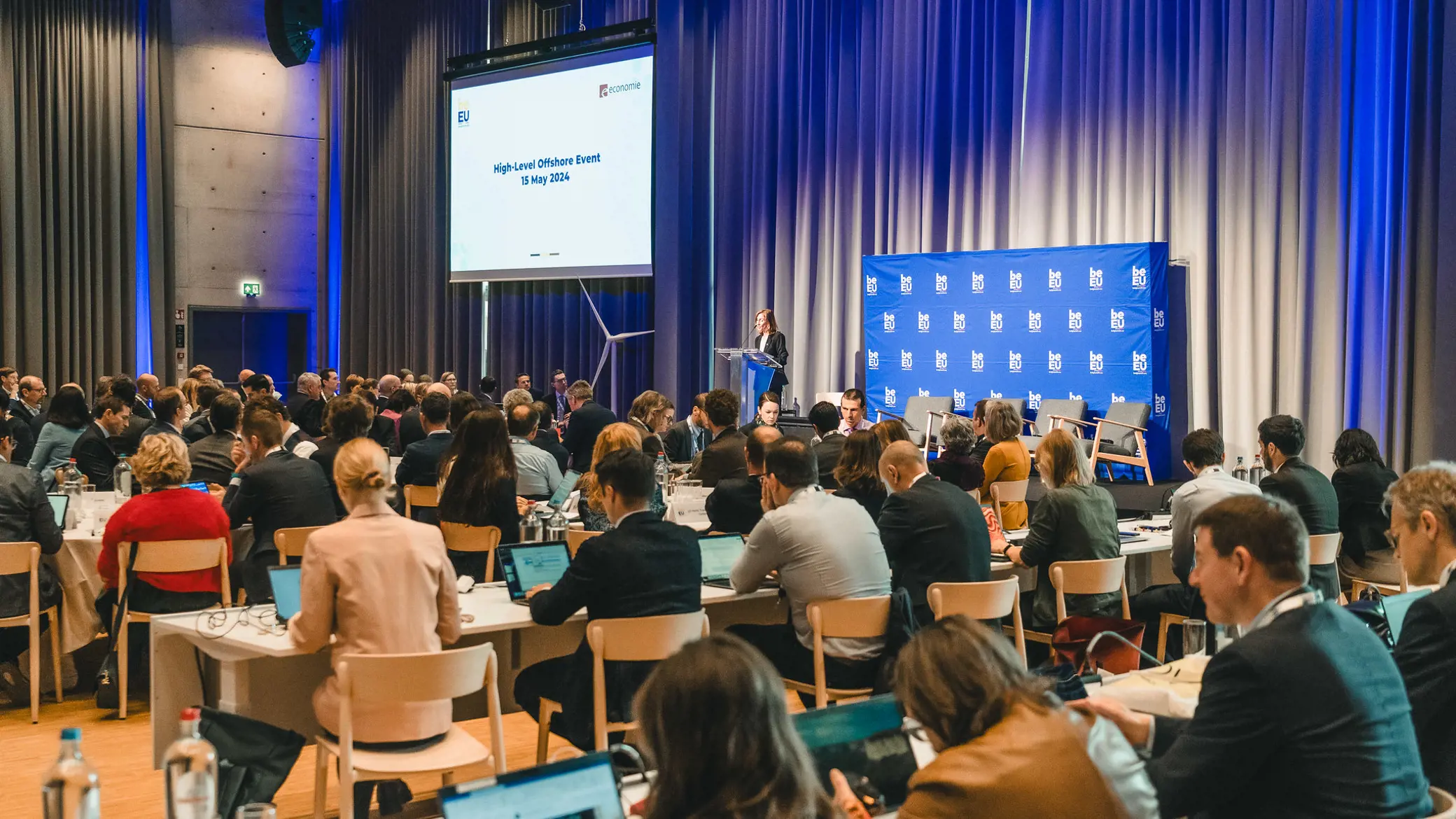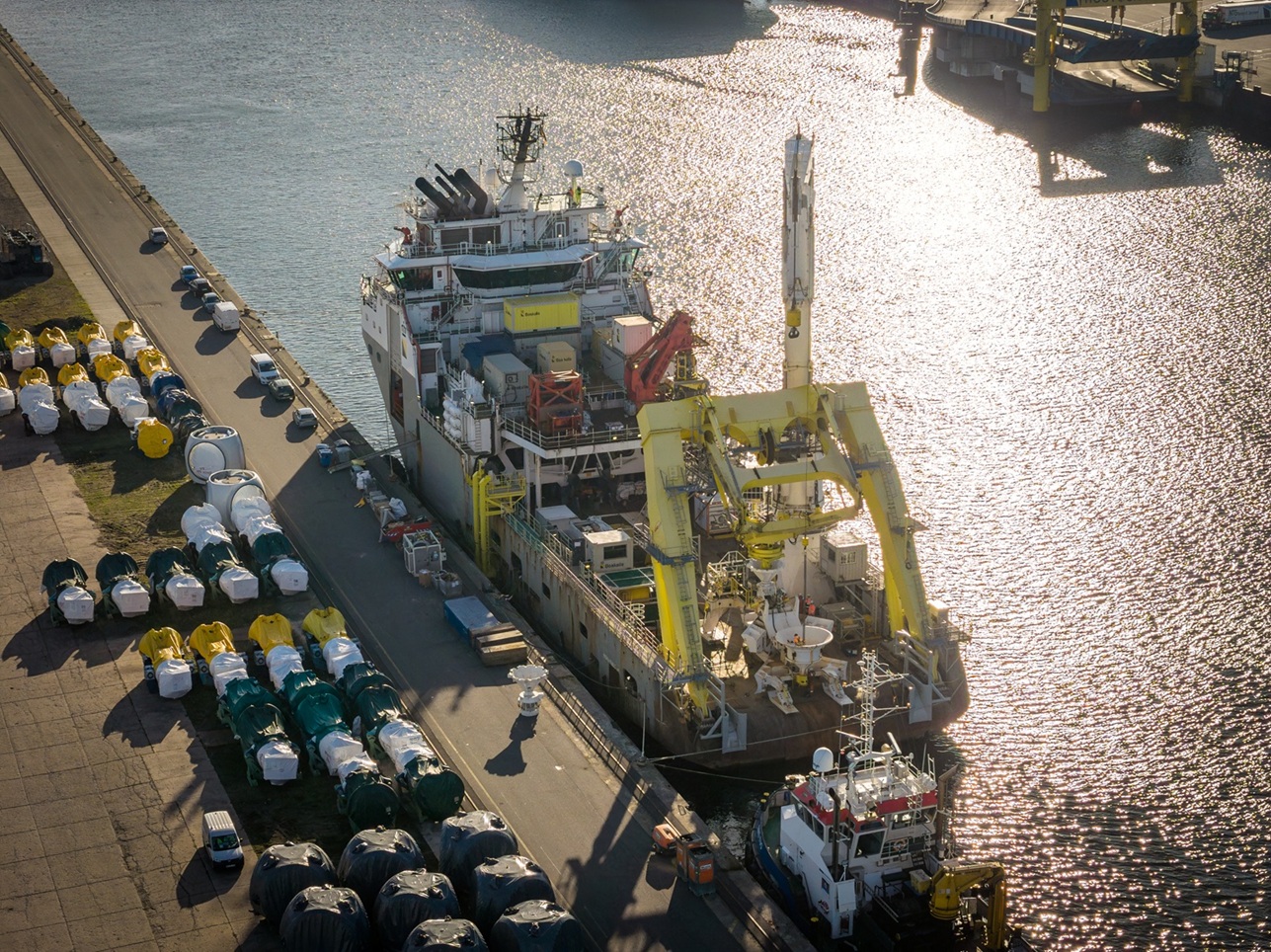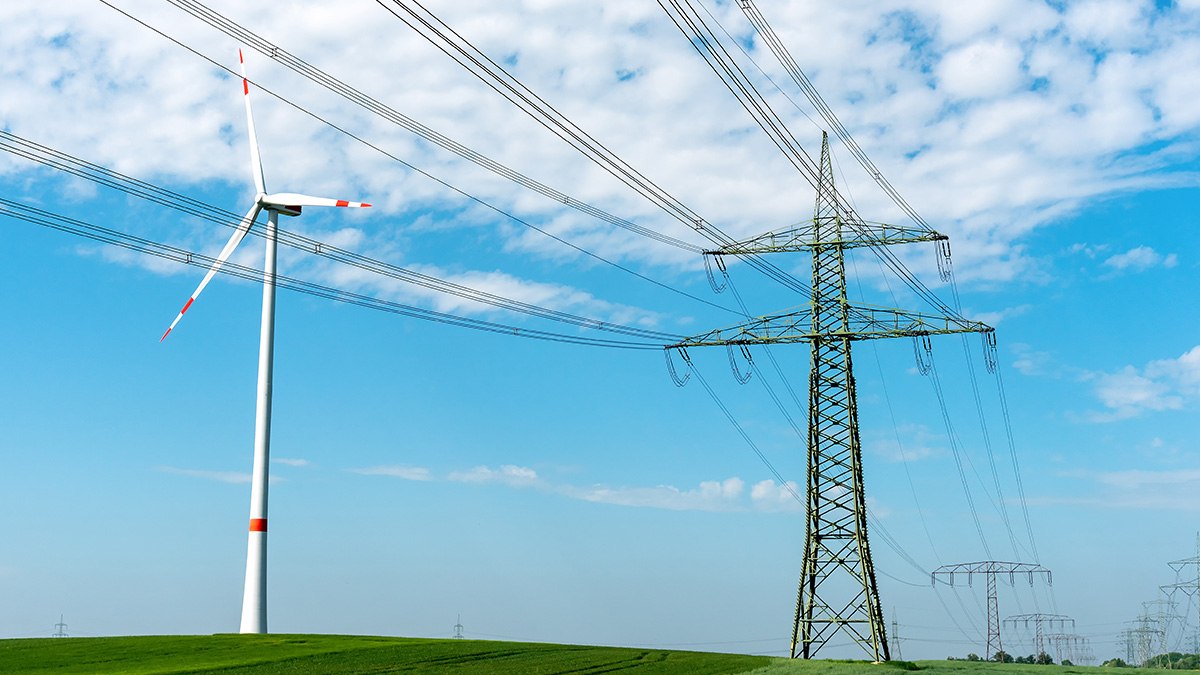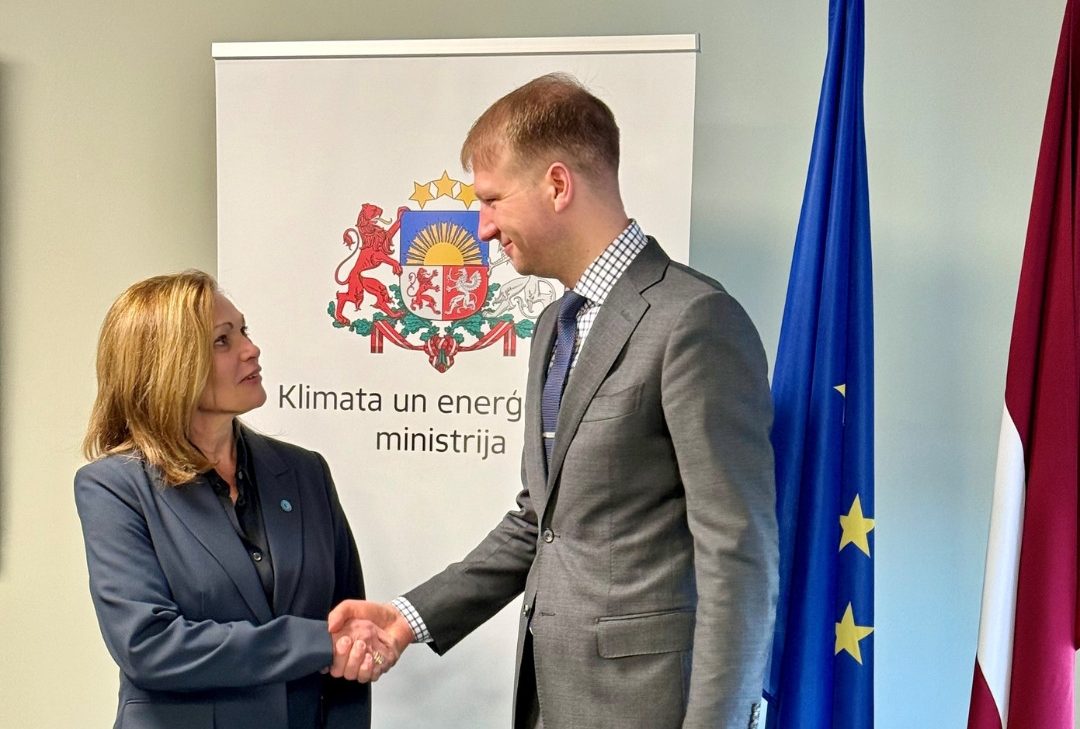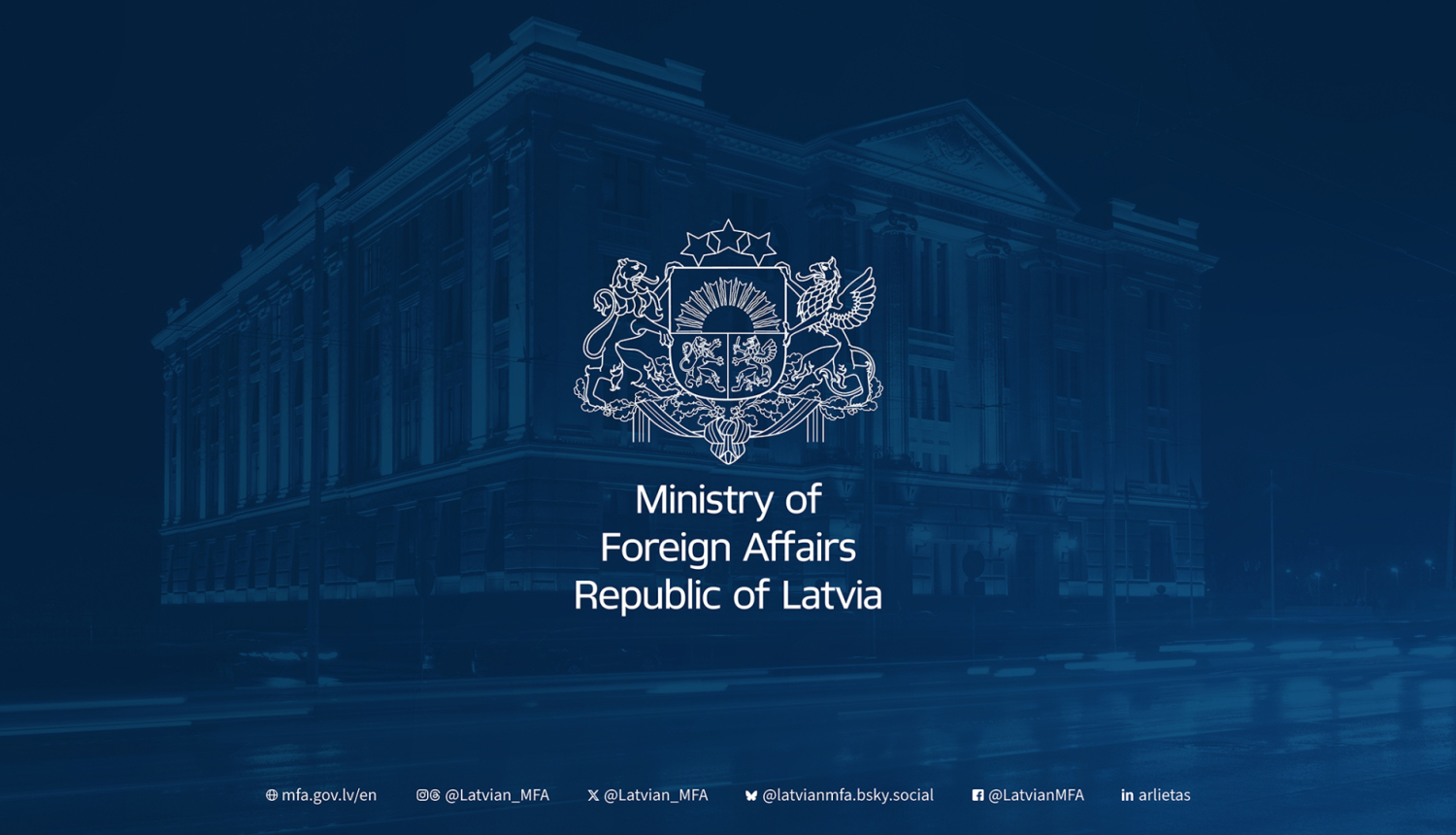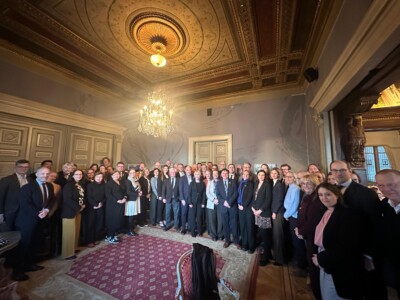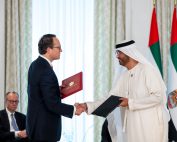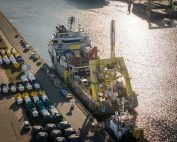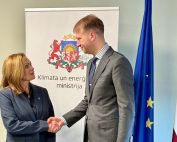Government officials, industry leaders, and stakeholders converged in Bruges on Wednesday and Thursday for the High-Level Offshore Event under the Belgian presidency, aimed at propelling the European offshore wind industry forward. The gathering, attended by Directors-General for Energy from EU member states, Energy ministers, the European Commissioner for Energy, and industry representatives, showcased a concerted effort to address key challenges and chart a path for sustainable growth in offshore wind energy.
The event, occurring one year after the North Sea Summit in Ostend, served as a pivotal moment for stakeholders to assess progress and strategize the future of offshore projects within the European Union. With ambitious targets set for offshore wind’s role in the green energy transition, participants emphasized the need for robust financing, risk mitigation measures, and frameworks to maximize benefits while maintaining competitiveness.
Day one of the event witnessed dynamic discussions and panels covering topics such as innovative project financing, add-on benefits, competitiveness, and supply chain development. Stakeholders explored strategies to overcome hurdles and enhance collaboration across sectors. An important highlight was the signing of a Joint Statement by Belgium, Ireland, and the United Kingdom on Electricity Interconnection, signaling a commitment to strengthening cross-border energy networks.
Anu Eslas, representing Ignitis Renewables, in the event, underscored the significance of regional cooperation in unlocking the Baltic States’ offshore wind potential. Eslas emphasized on LinkedIn the opportunity for the Baltic region to unite in pursuit of energy security and prosperity, advocating for a common vision and strategy for offshore wind and energy cooperation. With significant offshore wind projects in the pipeline, the Baltic States stand poised to contribute substantially to Europe’s renewable energy objectives.
Day two saw deliberations among Directors-General on regional grid development and the equitable allocation of costs and benefits for cross-border projects. The technical visit to a Belgian offshore wind farm provided insights into operational challenges and opportunities for further innovation.
Looking ahead, the outcomes of the High-Level Offshore Event are set to inform the agenda of the next European Commission, shaping policies and initiatives to advance offshore wind development. The upcoming European Energy Council meeting in Brussels will provide a platform for presenting key conclusions and advancing discussions on electricity networks.
